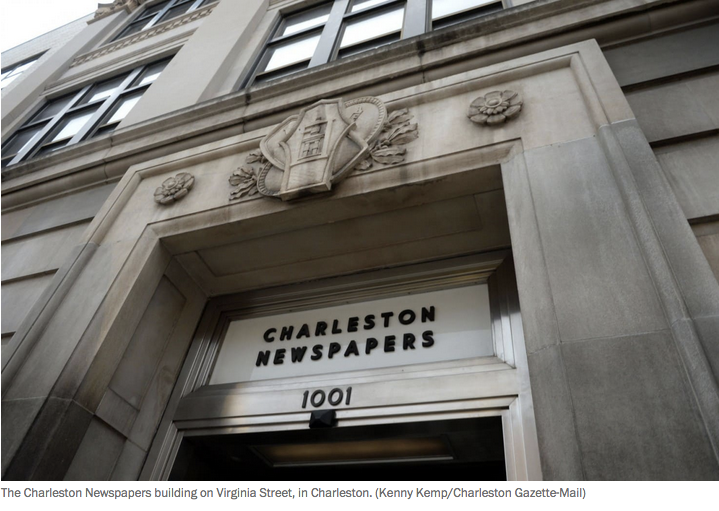One day after the Charleston Gazette-Mail declared bankruptcy, coal industry attorney Robert McLusky made light of the newspaper’s plight.
Speaking at a West Virginia mining symposium Jan. 31, McLusky told the hundreds of executives there that he was sorry that the Gazette-Mail’s hard-hitting coal correspondent Ken Ward wasn’t there. Playing off the possibility that reporters would get “pink slips,” McLusky held up a pink sheet of paper on which he had printed Ward’s name and a notice of potential layoffs at the newspaper.
The crowd laughed.
McLusky later called Ward to apologize. “I took a shot in front of a pro-coal audience that I regret, that I shouldn’t have taken,” he said in an interview.
Yet McLusky’s comments betrayed the ill will between the coal industry, which has dominated the economy and politics of West Virginia for the better part of a century, and the state’s premier newspaper, the feisty Gazette-Mail, which has played an important role in checking the industry’s power.
The Gazette-Mail hasn’t won many friends in coal country, where executives worry more about mining jobs than they do about the 210 jobs in danger at the Charleston newspaper. McLusky said: “I think it’s safe to say that the coal industry as a whole does not view the Gazette as giving them balanced coverage.”
Others see it differently. “It has been the voice of reason in our state,” said Davitt McAteer, a former head of the Mine Safety and Health Administration who led an independent investigation of the Upper Big Branch Mine disaster. “When you have a one-horse economy as West Virginia is and has been, the fact that there’s one paper willing to not be a lap dog for that industry” is important, he said.
The incident at the mining conference — which was reported by industry news publication S&P Global correspondent Taylor Kuykendall — lasted just a moment. But over the past century, newspapers and coal mining companies have grown rich and now poor together, both victims of new technologies and broader changes in the economy. And both are hoping for survival, if not revival.




